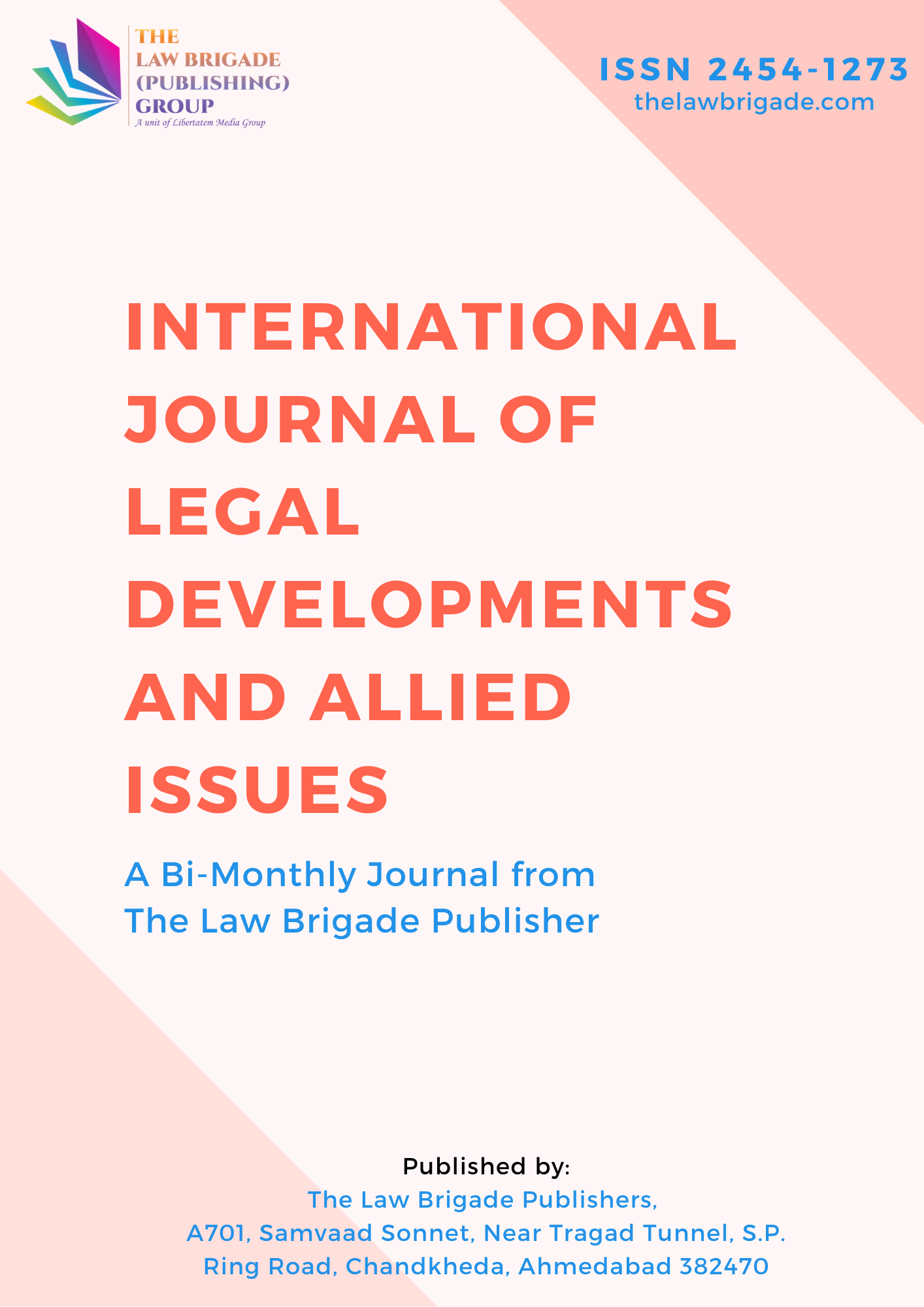The Constitution of India embraces the principle of separation of power under the idea of constitutionalism which grants limited power to each functionary of the government. Upon the principle of constitutionalism, there is a doctrine of checks and balances which is operational in India, and it facilitates the smooth functioning of the system, as each organ of the government can act as a watchdog to confirm that constitutionalism is the basic structure of the country is followed in its letter and spirit.
In light of B.P. Singhal vs. Union of India, the paper grants deep insight into how this principle of checks and balances is working in the Indian constitution. Firstly, the paper offers a brief explanation of the facts, and then it highlights the issues raised. It then discusses the clashing arguments presented by both the petitioner and the respondent. The paper further expounds on what all laws have applied to this landmark judgment, beginning with Articles 155, 156, and 74 of the Indian Constitution. Also, the paper presents the high points of the judgment. Towards the end, the paper presents a proper conclusion and critical analysis of the whole judgment.
The expected outcomes of this paper are-
- Accentuating the presence of checks and balances in the Indian constitutional system.
- Underlining the nature of the doctrine of pleasure under Article 156(1) of the constitution.
- Critically addressing and scrutinizing the judgment.





